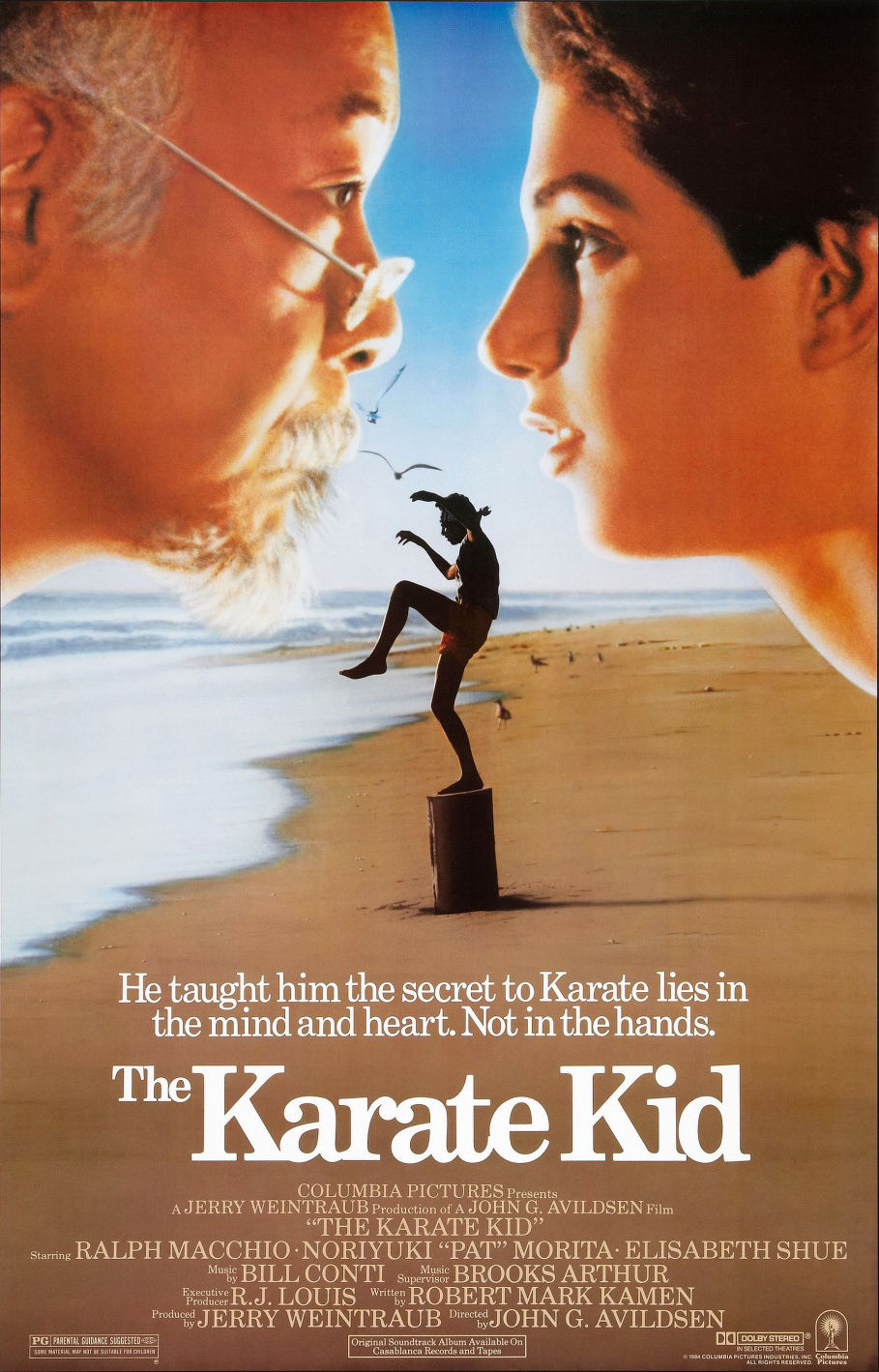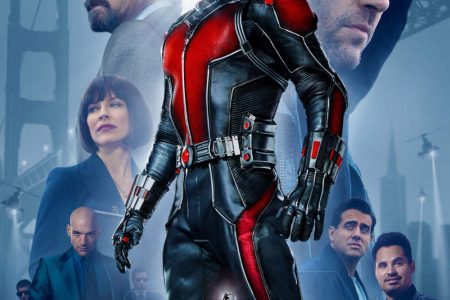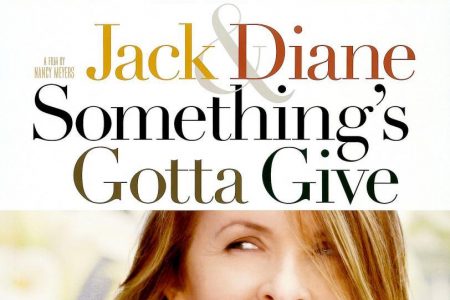They will soon be releasing the remake of The Karate Kid in this country, which meant that they showed the original version on television. I thought I should capture some thoughts on it after revisiting it because I have a huge soft spot for it – the film came out at the perfect time for a teenage boy who loved martial arts, and the story of a white boy being trained by an aged Japanese karate expert struck a very deep chord.
The Karate Kid is a film of the ’80s – the cheesy pop music, the bouffant hair, the silliness of the romantic element to the storyline; these aspects of the movie are cringe-worthy to watch. If the film could excise these parts, it would be such a better experience. When the film is good, it is the scenes between Ralph Macchio as Daniel and Pat Morita as Mr Miyagi (who was nominated for an Academy Award for Best Supporting Actor, something that amazes me still). There is no cheesy pop music, there is just chemistry between the two actors and Morita even makes Macchio look like he can act.
Ignoring the sub-Romeo and Juliet romance between Macchio and Elizabeth Shue, the film is a text book example of the wushu staple: an old teacher trains a young upstart, with the added twist of training him first without him knowing it, in the infamous ‘wax on, wax off’ sequences. The scene where Morita shows Macchio that he’s actually been training all along, showing him that the movements are karate blocks, is the best scene in the film, full of surprise and emotion. Most scenes with Morita in them are enjoyable – he plays the role seriously but with humour, even if the faux Japanese accent and imperfect English seems odd after his character has supposedly spent the past 40 years in America.
The film ends on an improbable high – Macchio wins the All-Valley Karate Championship, not only when all the other competitors are demonstrably better than he is, but also with a damaged knee – which is also tainted by the awful cheesiness of the one-note bad guys showing remorse: the Cobra Kai student told to cripple Macchio practically falls on him to apologise to him for doing it, and William Zabka as main villain Johnny congratulates Macchio on winning against him, handing him the trophy in a particularly naff attempt to demonstrate the ‘respect’ Macchio has won (which is more important than the trophy). It’s a particularly cheesy ending for an otherwise enjoyable film. I’m not saying it’s the greatest, but there is a certain charm to it, which is why it has entered the public consciousness and stayed there for so long (and why it had three sequels and a remake).
Watching it for other aspects now bring up other details: how was Macchio able to enter the tournament on the day, with no qualified school? Where did the organisers find the print of the Miyagi patch symbol for the scoreboard, when it had only just been put on his gi? Did Macchio’s character go to school at all while he was training? Did the Cobra Kai actually learn karate in their lessons, or did they just stand around listening to the wonderfully over-the-top Martin Kove as the brutal instructor shouting about showing no mercy and getting them to repeat what he was saying to them? Why are lots of rich people standing in a line to laugh at Macchio covered in Bolognese sauce (in his white shirt and white trousers)? It’s quite bizarre, and is almost enough to distract you from the awful non-karate scenes. If it had just been the karate and montage stuff, it would have been fine. Another note: seeing Pat E Johnson as the referee in the fights – he’s also listed as fight instructor and choreographer for the film – looking exactly the same as he did when I first saw him in Enter The Dragon, with the same bushy moustache.
I can’t be objective about this film – it is too close to me to deserve a rating. I was a big fan of kung fu films before it, but it got even worse after it. I started training in karate not long after (although my knees eventually decided that they didn’t like karate). I’m sure I even started to wear sleeveless t-shirts because of the film (although the less said about that the better). But it did solidify the dream: being taught martial arts by a native master, something that I have now achieved – I study Chen-style taijiquan under a genuine Chinese master (and three-time former national champion), who is the nicest man in the world that could also kill me with his finger. It’s exactly like Mr Miyagi said: it’s not the pupil, it’s the teacher. Thanks for everything, The Karate Kid.





lalalalalalalalalalalalalalalalalalalalalalalalalalalalalalalalalalalalalalalalalalalalalalalalalalallllllllllllllllllllllllllll:):):):):):):):):):):)):):):